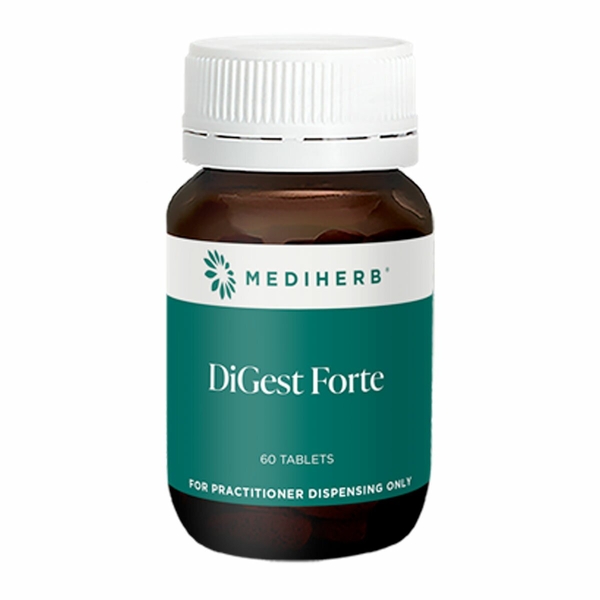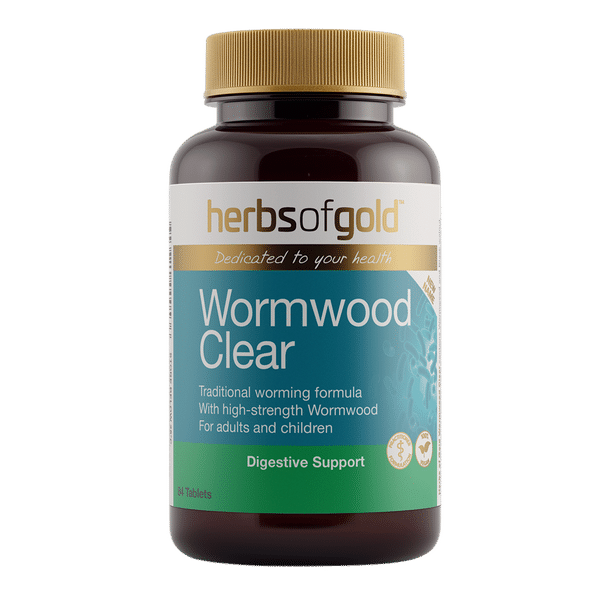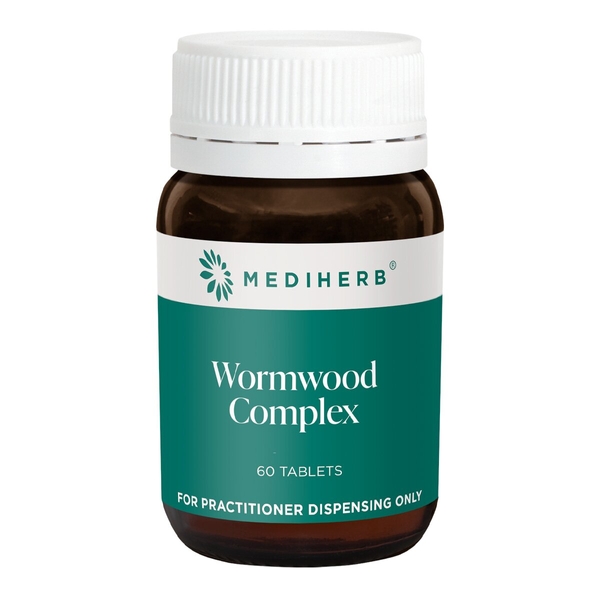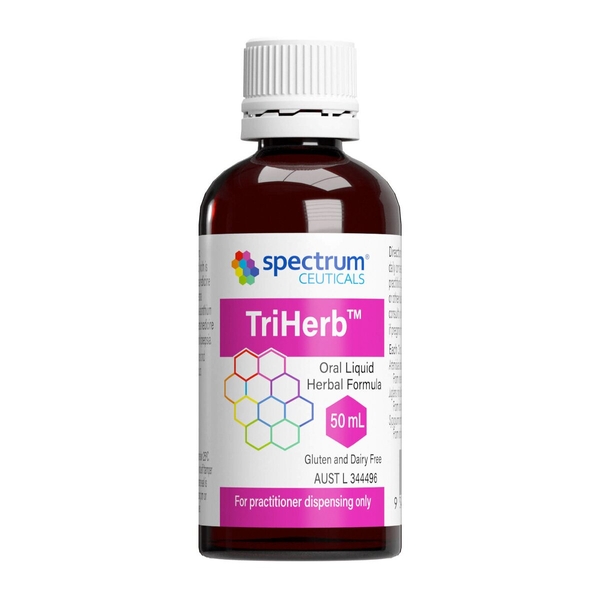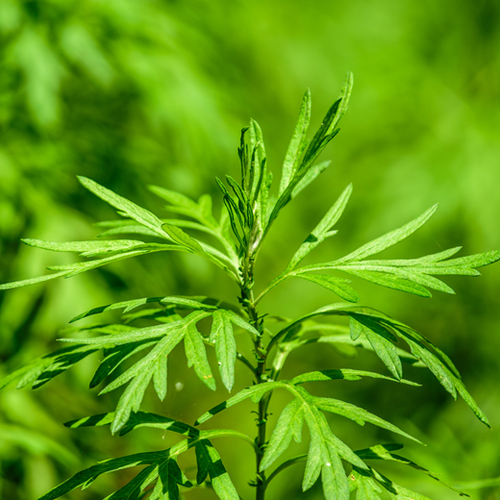
Wormwood
Scientific names: Artemisia absinthium
Family: Asteraceae/Compositae
Alternate names: Absinthe, Absinthe Suisse, Absinthii Herba, Absinthites, Afstantin, Ajenjo, Alvine, Armoise, Armoise Absinthe, Armoise Amère, Armoise Commune, Armoise Vulgaire, Artesian Absinthium, Artemisia, Common Wormwood, Grande Absinthe, Green Fairy, Green Ginger, Herba Artemisae, Herbe aux Vers, Herbe d'A'sinthe, Herbe Sainte, Indhana, Lapsent, Madderwort, Menu Alvine, Quing Hao, Vilayati Afsanteen, Wermut, Wermutkraut, Western Wormwood, Wurmkraut
Actions: Anti-inflammatory, Cannabinoid receptor, Convulsant, Hepatoprotective, Porphoryn
Background
Wormwood (Artemisia absinthium) is an herb used in the alcoholic drinks vermouth and absinthe. Its oil contains the chemical thujone, which may be poisonous.
The thujone in wormwood oil excites the central nervous system and can cause seizures and other adverse effects. Other chemicals in wormwood might decrease swelling.
People use wormwood for digestion problems, Crohn disease, a kidney disorder called IgA nephropathy, osteoarthritis, and many other conditions, but there is no good scientific evidence to support these uses. There is also no good evidence to support using wormwood for COVID-19. Using thujone-containing wormwood products can be unsafe.
Don't confuse wormwood with Artemisia herba-alba, Mugwort, Sweet Annie, Wormseed, or Ginger. These are not the same.
The thujone in wormwood oil excites the central nervous system and can cause seizures and other adverse effects. Other chemicals in wormwood might decrease swelling.
People use wormwood for digestion problems, Crohn disease, a kidney disorder called IgA nephropathy, osteoarthritis, and many other conditions, but there is no good scientific evidence to support these uses. There is also no good evidence to support using wormwood for COVID-19. Using thujone-containing wormwood products can be unsafe.
Don't confuse wormwood with Artemisia herba-alba, Mugwort, Sweet Annie, Wormseed, or Ginger. These are not the same.
Safety Safety definitions
When taken by mouth: Thujone-free wormwood is commonly consumed in foods and beverages, such as bitters and vermouth. Thujone-free wormwood is possibly safe when used as medicine, short-term. But wormwood that contains thujone is possibly unsafe. Thujone can cause seizures, kidney failure, vomiting, and other serious side effects.
When applied to the skin: Wormwood extract is possibly safe as an ointment.
Breast-feeding: There isn't enough reliable information to know if wormwood is safe when taken by mouth or applied to the skin while breast-feeding. Stay on the safe side and avoid use.
Allergy to ragweed and related plants: Wormwood may cause an allergic reaction in people who are sensitive to the Asteraceae/Compositae family. Members of this family include ragweed, chrysanthemums, marigolds, daisies, and many others.
A rare inherited blood condition called porphyria: The thujone in wormwood oil might increase the body's production of chemicals called porphyrins. This could make porphyria worse.
Kidney disorders: Taking wormwood oil might cause kidney failure. If you have kidney problems, talk with your healthcare provider before taking wormwood.
Seizure disorders, including epilepsy: Wormwood contains thujone, which can cause seizures. Wormwood might increase the risk for seizures in people who have a history of seizures.
When applied to the skin: Wormwood extract is possibly safe as an ointment.
Special Precautions & Warnings:
Pregnancy: Wormwood is likely unsafe when taken by mouth as medicine during pregnancy. Some wormwood products contain the chemical thujone. Thujone might affect the uterus and endanger the pregnancy. There isn't enough reliable information to know if applying wormwood to the skin is safe when pregnant. Stay on the safe side and avoid use.Breast-feeding: There isn't enough reliable information to know if wormwood is safe when taken by mouth or applied to the skin while breast-feeding. Stay on the safe side and avoid use.
Allergy to ragweed and related plants: Wormwood may cause an allergic reaction in people who are sensitive to the Asteraceae/Compositae family. Members of this family include ragweed, chrysanthemums, marigolds, daisies, and many others.
A rare inherited blood condition called porphyria: The thujone in wormwood oil might increase the body's production of chemicals called porphyrins. This could make porphyria worse.
Kidney disorders: Taking wormwood oil might cause kidney failure. If you have kidney problems, talk with your healthcare provider before taking wormwood.
Seizure disorders, including epilepsy: Wormwood contains thujone, which can cause seizures. Wormwood might increase the risk for seizures in people who have a history of seizures.
Effectiveness
Effective Effectiveness definitions
There is interest in using wormwood for a number of purposes, but there isn't enough reliable information to say whether it might be helpful.
Dosing & administration
Thujone-free wormwood is commonly found in foods and alcoholic drinks such as bitters, vermouth, and absinthe.
As medicine, there isn't enough reliable information to know what an appropriate dose of wormwood might be. Keep in mind that wormwood products that contain a chemical called thujone may be poisonous. Consult a healthcare professional before using.
As medicine, there isn't enough reliable information to know what an appropriate dose of wormwood might be. Keep in mind that wormwood products that contain a chemical called thujone may be poisonous. Consult a healthcare professional before using.
Interactions with pharmaceuticals
Medications used to prevent seizures (Anticonvulsants)
Interaction Rating=Moderate Be cautious with this combination.
Wormwood may increase the risk of seizures. Taking wormwood with medications used to prevent seizures may decrease the effects of these medications and increase the risk for seizures.
Interactions with herbs & supplements
Herbs that contain thujone: Wormwood contains a chemical called thujone. Thujone can be poisonous when taken in large amounts. It can cause seizures, kidney problems, and vomiting. Taking wormwood with other supplements that also contain thujone increases the risk of these effects. Examples of supplements that contain thujone include oak moss, tansy, thuja, and yarrow.
Interactions with foods
There are no known interactions with foods.
Products
View all productsPractitioner product
RRP: $46.95$37.55Save: 20%
Create account
Per tablet:
- Artemisia absinthium (Wormwood) ext. 500 μL
- Juglans nigra ext. 1 mL
- Stemona sessilifolia ext. 200 mg
- Syzygium aromaticum oil 20 mg
Practitioner product
vital.ly has licensed monographs from TRC Healthcare.
This monograph was last reviewed on 12/09/2024 10:00:00 and last updated on 12/06/2018 01:55:55. Monographs are reviewed and/or updated multiple times per month and at least once per year.
Natural Medicines disclaims any responsibility related to medical consequences of using any medical product. Effort is made to ensure that the information contained in this monograph is accurate at the time it was published. Consumers and medical professionals who consult this monograph are cautioned that any medical or product related decision is the sole responsibility of the consumer and/or the health care professional. A legal License Agreement sets limitations on downloading, storing, or printing content from this Database. No reproduction of this monograph or any content from this Database is permitted without written permission from the publisher. It is unlawful to download, store, or distribute content from this site.

